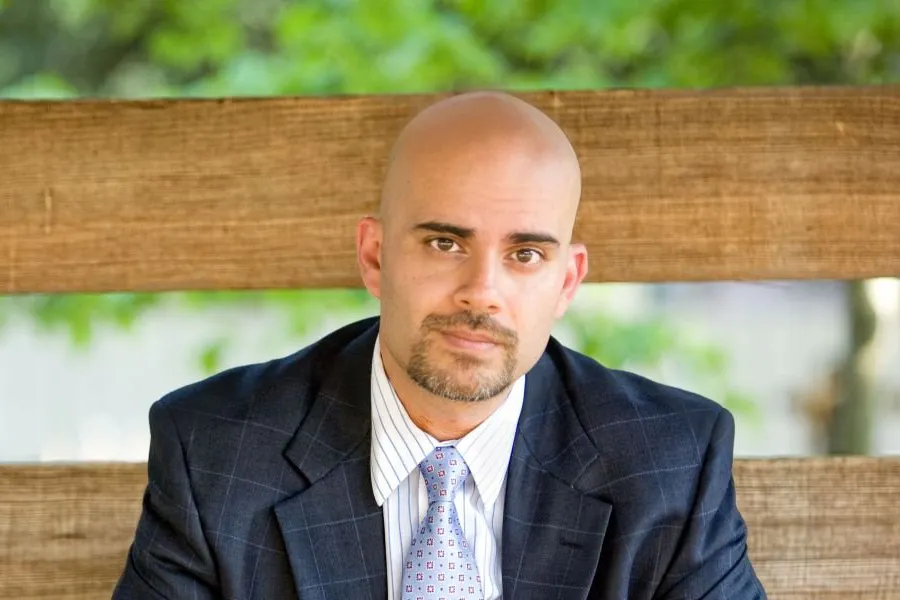Healthcare in general, and addiction treatment specifically, are poised to experience dramatic shifts over the next 5-10 years. Increasing payer pressure to capture, report and improve outcomes, and to control costs and alter the trajectory of the illness will result in wholesale shifts in the way addictions are managed. Broader societal goals of increasing access to care, improving the efficacy and utilization of screening, prevent the onset of these disorders, and manage the widespread criminalization of substance use disorders can be achieved if philosophical objections and technological hurdles can be negotiated.
In this talk, a futurists perspective on addiction will be presented, with an eye to briefly describing the forces that led us to our current state and describing changes that might allow us to navigate to improved global addiction outcomes. In particular, an emphasis on broader, well-defined principles of healthcare innovation and their potential application to addiction will be discussed. Attendees will leave with a broader perspective on how they themselves can participate in defining the future of addiction treatment.
Course Objectives
At the conclusion of the presentation, attendees will be able to:
- Describe several trends in addiction epidemiology, prevention and treatment, and describe potential future trajectories
- List sociopolitical forces that may serve to shape future approaches to addiction management
- Analyze the role of “big data” in defining future approaches to addiction management
- Identify potential technological innovations and their impact on addictions, including, for example, developments in AI such as ChatGPT
- Describe the central features of healthcare innovation and propose how these might manifest in the future of addiction prevention and treatment
Instructional Level
Licensed mental health professionals employed through Kaiser Permanente and psychological assistants performing under supervision of a licensed psychologist.
This CE program is free to Kaiser Permanente employees.
Instructional Methodology
Lecture
Audio/Visual
On-line Presentation
Continuing Education Information
Kaiser Permanente Northern California Mental Health Training Program is approved by the California Psychological Association to provide continuing professional education for psychologists. The Kaiser Permanente Northern California Mental Health Training Program maintains responsibility for this program and its content.
Refund and Attendance Policy
All programs offered on KP Learn for CE credit through the KP Northern California Mental Health Training website are free of charge to Kaiser Permanente Staff and trainees. Once a course is selected in the KP NCAL MH Training Website, the registration process begins, and it will appear in the individuals KP Learn profile for completion within 90 days.
IMPORTANT NOTICE: Those who attend the program in full and complete the appropriate evaluation form will receive CE credits. Please note that credit will only be granted to those who attend the entire program. An attestation of attendance will be given once the individual has completed viewing the program, which will then initiate the final steps of completing the evaluation forms to receive a certificate of completion.

